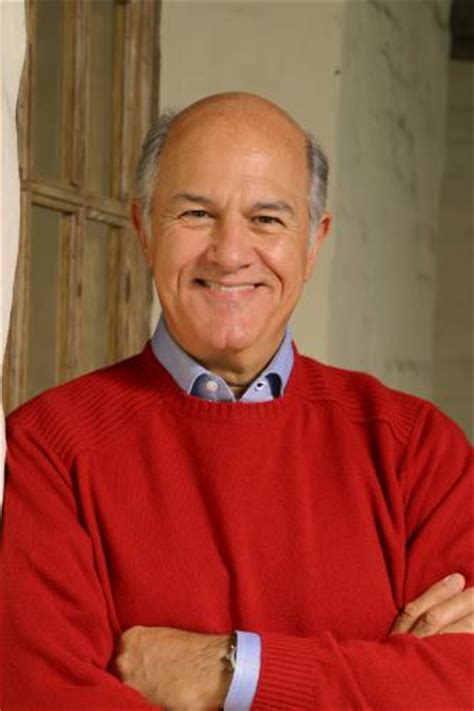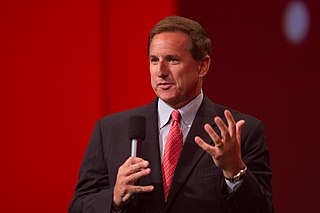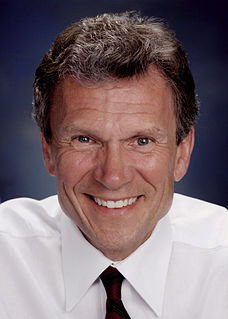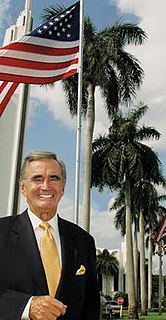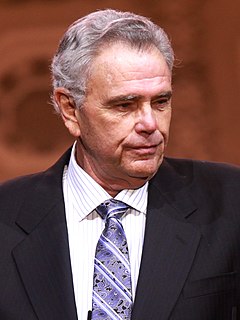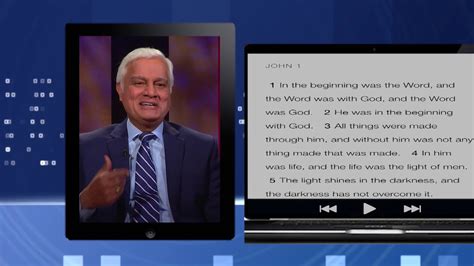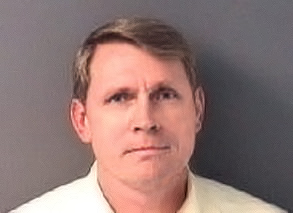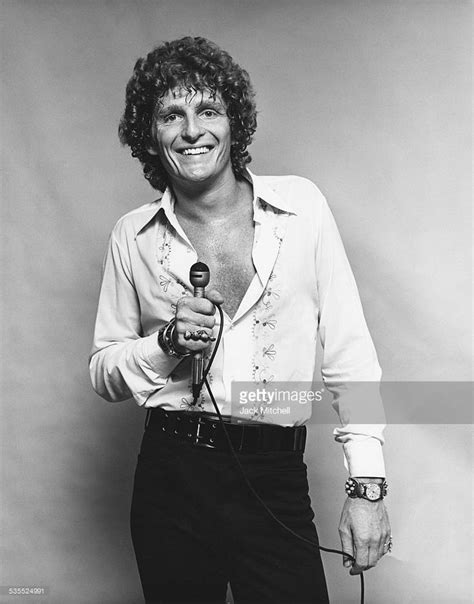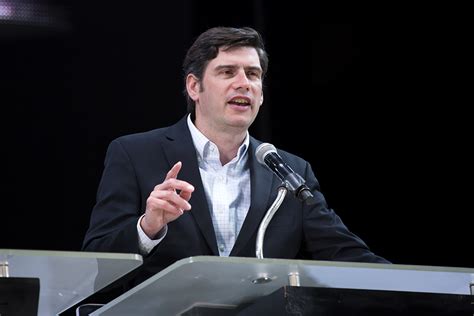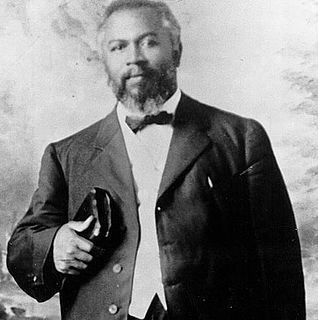A Quote by Andrew Wommack
Leaders flourish in times of crisis.
Quote Topics
Related Quotes
What we are learning around the world is that if women are healthy and educated, their families will flourish. If women are free from violence, their families will flourish. If women have a chance to work and earn as full and equal partners in society, their families will flourish. And when families flourish, communities and nations do as well.
Trust doesn't come haphazardly. It really has to be built over time. And that trust has to happen really at times when there isn't a crisis. That's why I think having regular meetings and conversation when there's no crisis, when you can build trust and a friendship and a relationship that allows for better dialogue and far more consequential deal-making can occur when a crisis does come up.
The worst way to defend our freedom is to let our leaders start taking away our freedoms! It is exactly during times like these [a national crisis] that we need more freedom of speech, a strong and critical press, and a citizenry that is not afraid to stand up and say that the emperor has no clothes.
People look at the future and see a black hole. They look at climate change and see an ecological crisis. They look at their leaders corrupted by money and see a political crisis. They wonder if they'll ever be able to pay off their student loan or own a house. Given this ecological, political and financial crisis, what they want is a different future. Their fundamental demand is a different regime to provide that future.
European leaders cannot afford to be afraid. The refugee crisis is not one from which they can opt out. No magic wand will empower leaders to transport more than a million people back across the Aegean and the Bosphorus to Mosul and Aleppo, or across the Mediterranean to Eritrea, Somalia, and Sudan.


